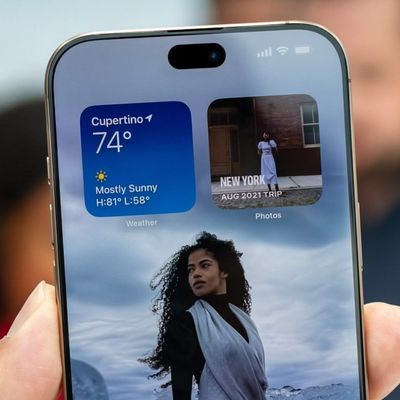This week, The Boy Genius Report published what they claimed to be an internal AT&T document that stated the following:
AT&T does not require a new two-year agreement for existing customers who upgrade their current iPhone to a new iPhone.
When a current iPhone customer first tethers their new iPhone, they will be required to accept a new two-year agreement. An automated fix for this issue has been developed and will reset the customers agreement date back to the date of their original iPhone activation or upgrade. The reset will occur within 48 hours of the customer completing the tethering process.
This issue affects all iPhone to iPhone swaps regardless of model.
There is no action required by the customer.
Most importantly, it is crucial that we set the right expectations with our customers at the point of purchase to ensure we provide the best customer experience possible.
Please advise all customers that to complete the tethering process of their new iPhone they will be required to accept a new two-year agreement including the Ts and Cs, however, their agreement will not be extended from their original iPhone activation or upgrade date. Their original agreement date will be reset within 48 hours of completing the tethering process and we apologize for any inconvenience.
If a customer expresses concerns about the agreement dates changing, assure them that the dates will be corrected and that they can check on line at att.com using the on-line account management tool OLAM - to confirm the correction has occurred.
[...]
Many sites, including The Boy Genius Report, incorrectly assumed that the use of the word "tethering" meant that AT&T was introducing a plan to allow customers to share their iPhone's internet connection with their computer.
This is not the case, and The Boy Genius Report has updated their story. The use of the word "tether" simply refers to a customer's contractual obligations, and the email was referring to the fact that existing iPhone users upgrading to 16 GB iPhones will have their new contracts backdated, as we have previously covered.




















